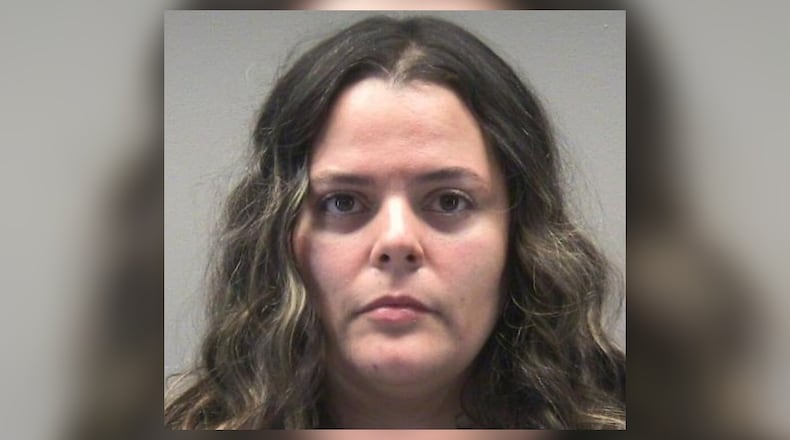A law enforcement investigation found there were few or no employees.
“The pandemic has brought out the best in people. And, as this case unfortunately demonstrates, it has also brought out the worst in people. Jackson defrauded programs that were meant to keep workers on the job at businesses suffering because of the pandemic,” Acting U.S. Attorney Vipal J. Patel said in a statement. “She lied to steal millions of public dollars for her own pockets at a time when Americans were suffering the effects of public health and economic crises.”
He said his office will pursue any fraudulent opportunists like Jackson.
“Her prison sentence should serve as a warning to anyone else considering this conduct,” Patel said.
Patel told the Dayton Daily News on Tuesday that pandemic relief fraud is a top priority for the office. He said Jackson’s fraud case is the only one filed in Dayton federal court so far, but investigators are digging into other possible cases.
“Anytime there’s a government benefit program, in our experience, the cases that arise don’t happen within the snap of a finger,” he said, adding that as time goes on, evidence starts to surface and cases start getting filed.
He said there are two other fraud cases filed in the Southern District Of Ohio, one in Columbus and the other in Cincinnati.
Jackson’s defense attorneys said in a sentencing memorandum that it was not her intent to get rich quick, but instead, help her loved ones hurt by the pandemic.
“She wished to solve the problems and hardships of her friends and family, who, like many others across the country, lost jobs, wages, and the means to provide for themselves due to COVID-19,” the memorandum says.
It cited a brother and cousin who lost jobs, another brother whose hours and income were cut. The defense said her family and friends were evicted from housing and others unable to afford basic necessities.
“Ms. Jackson believed that with the funds received she would have the payroll to employ her suffering family and friends,” the defense memorandum says.
Prosecutors asked the court to sentence Jackson to 41 months in prison, while the defense team asked that the judge sentence her to probation.
“We were pleased that the court took into consideration the facts and that the decision in Ms. Jackson’s case was significantly below the Federal Sentencing Guidelines and what the government requested,” defense attorney Lindsay Arway told the Dayton Daily News.
The prosecutor’s office said Jackson sought $1.3 million and $1.2 million in forgivable loans that were supposed to go businesses suffering due to the COVID-19 pandemic.
“On two occasions Jackson listed 73 Extract LLC employees with payroll wages totaling approximately $500,000 on loan application reports,” the DOJ said in a press release. “Loans totaling more than $1 million were initially wired to Jackson’s accounts and then flagged. The bank recalled one loan and the government seized the other.”
“Jackson also applied for and received $54,000 in EIDL funding from the Small Business Administration. In that loan application, Jackson stated Extract LLC had eight employees. She then wired the funds in five transactions to another account. That money has since been seized by the government as well,” the release said.
The DOJ said that during an inquiry, investigators spoke to supposed employees who told them they didn’t work for the LLC and some said they had never heard of it.
The U.S. attorney’s office told the Dayton Daily News that officials have been able to recover all the money but $6,000 and are working to recover that amount.
About the Author

